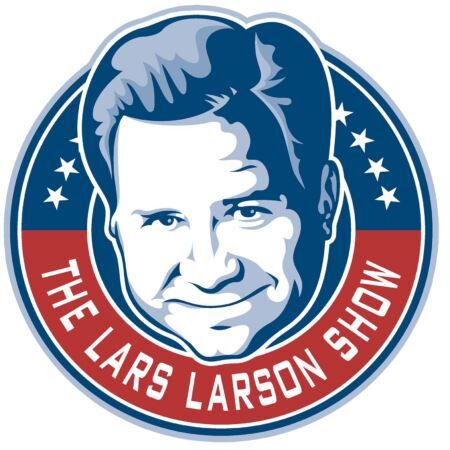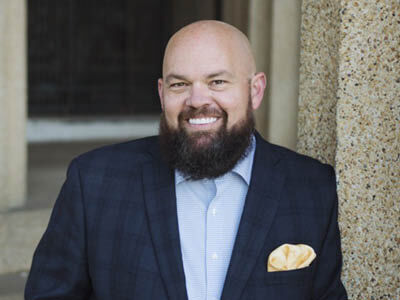Nearly 30% of US drugstores closed in one decade, study shows
News > Top Stories

Audio By Carbonatix
4:08 PM on Tuesday, December 3, 2024
By TOM MURPHY
Nearly three out of 10 U.S. drugstores that were open during the previous decade had closed by 2021, new research shows.
Black and Latino neighborhoods were most vulnerable to the retail pharmacy closures, which can chip away at already-limited care options in those communities, researchers said in a study published Tuesday in Health Affairs.
The trend has potentially gained momentum since the study's timeframe, because many drugstores are still struggling. In the last three years, the major chains Walgreens and CVS have closed hundreds of additional stores, and Rite Aid shrank as it went through a bankruptcy reorganization.
Drugstores have been dealing with shrinking reimbursement for prescriptions, rising costs and changing customer shopping habits. The chains have been closing money-losing stores and transferring prescription files to more profitable locations.
The study found that more than 29% of the nearly 89,000 retail U.S. pharmacies that operated between 2010 and 2020 had closed by 2021. That amounts to more than 26,000 stores.
Researchers using data from the National Council for Prescription Drug Programs found that the number of U.S. pharmacies had actually increased from 2010 to 2017 because of store openings, but the pace of closings picked up starting in 2018.
They also highlighted which stores were more likely to close. Those include independent pharmacies, which were more likely than chain stores to be in Black, Latino and low-income neighborhoods.
Pharmacies in neighborhoods with higher rates of patients on government-funded Medicaid and Medicare also were at greater risk for closing, said Dima Qato, a University of Southern California pharmacy professor who was the study's lead author. Those programs tend to reimburse less than private health insurance.
Researchers also noted that the exclusion of some pharmacies, particularly independent drugstores, from pharmacy benefit manager networks can hurt. That can mean fewer prescriptions and customers visit for those stores.
Retail drugstores can be important sources for vaccinations, contraception, overdose prevention and opioid use disorder treatments, aside from prescriptions, Qato said. She noted that Black and Latino communities often have fewer pharmacies to begin with, so store closings hit residents of those communities particularly hard.
“There aren’t many other options for them,” she said.
___
The Associated Press Health and Science Department receives support from the Howard Hughes Medical Institute’s Science and Educational Media Group. The AP is solely responsible for all content.







